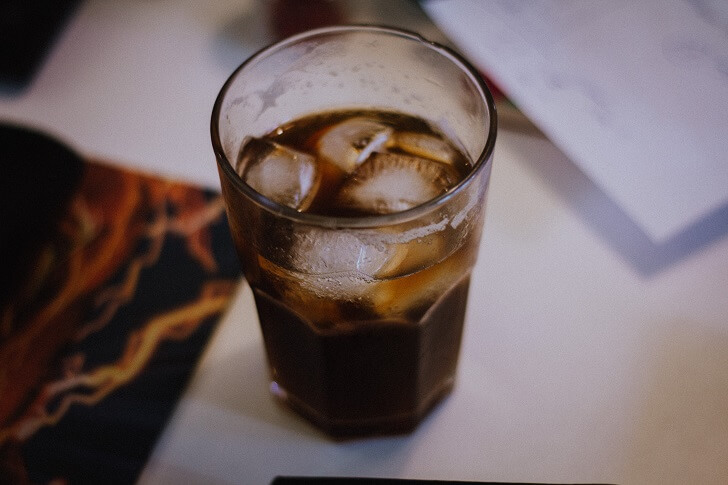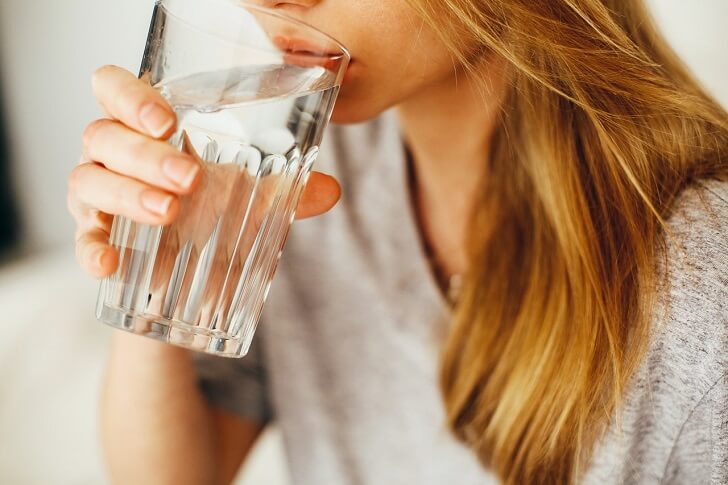People with a habit of drinking sugary drinks may want to start rethinking their choices for the sake of their long-term health. A recent United States study has found links between increased consumption of sweet drinks and diabetes.
Increased Risks

Observing 192,000 men and women in healthcare jobs over the course of over two decades, the researchers ended up recording 12,000 cases of diabetes among the participants. None of them were diagnosed with the disease at the beginning of the study proper.
They further analyzed these results along with factors like weight and general eating habits. It was then determined that those people who increased their daily intake of drinks like soda and juices to up to half a serving more over the course of four years were 16% more prone to developing diabetes in the years that followed.
These odds went up to 18% when the participants chose artificially-sweetened drinks.
The study focused their research on type 2 diabetes, which is reportedly the disease’s most common form. It is also said to be the milder one compared to type 1 diabetes, which typically begins during a person’s childhood. There are around 422 million people who suffer from diabetes all over the world, according to the World Health Organization.
A Simple Countermeasure

While the study’s primary findings are very concerning, the researchers also discovered that there are practices that help decrease the chances of getting diabetes.
Simply switching from sugary drinks to a serving of healthier alternatives like tea, coffee or water was associated with a 2% to 10% decrease in diabetes risk rates. The study didn’t have information on whether the participants used any additional sugar for their tea or coffee.
It’s also worth noting that the team behind the study acknowledged a possible explanation behind the increased risk rate associated with artificially-sweetened drinks like diet sodas. They infer that this may be a result of people switching to the drink after learning that they’re on track to get diabetes already.
Not Too Healthy

It’s also surprising to find out that fruit juices, often thought of as healthy by people, still contributes to the increased risk of getting the disease. In the end, these juices may still contain a ton of sugar and can lead to elevated blood sugar.
A glass of orange juice, in fact, reportedly has about the same amount of sugar as soda. And since juicing removes a fruit’s fibrous parts, its liquid essence is processed faster, spiking sugar levels.
Reducing one’s intake of such drinks has actually been credited for dramatic improvements in a person’s blood sugar control, according to diabetes researcher Dr. Robert Cohen.




